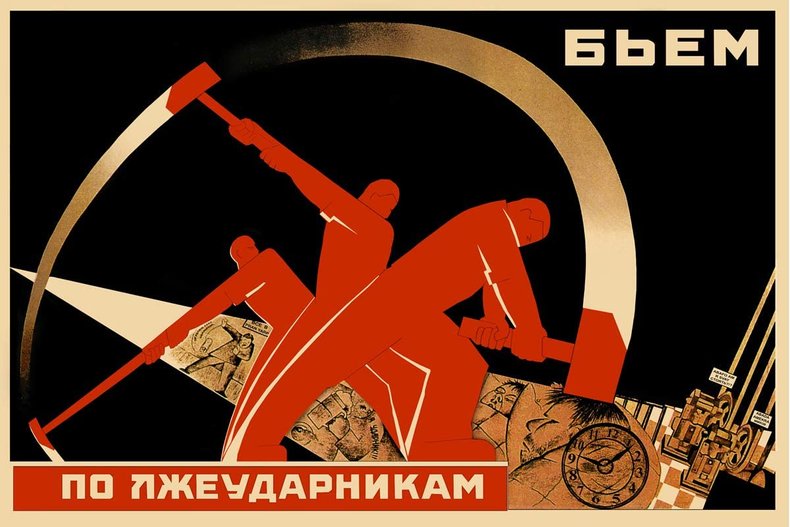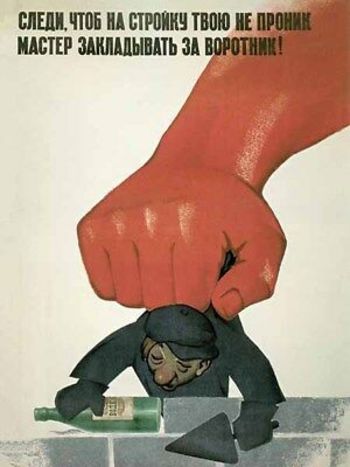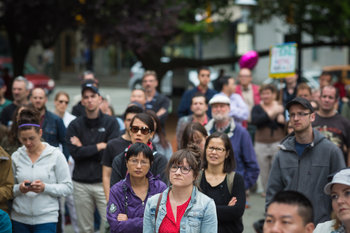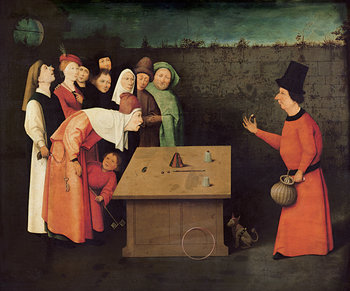
Unproductive
Anyone who doesn't actively offer labor to the economy is potentially viewed as lumpenproletariat. The elderly are usually excluded, particularly pensioners who previously offered labor to society. Beyond that, there is little sympathy in the definition such that the nonworking disabled, sick and incarcerated are included. Unemployed intelligentsia may also be included, potentially including artists and other creative individuals who are productive but not commercially successful.Unorganizable
Communism is completely based on the revolutionary potential and class consciousness of the working class. Marxist theory views the lumpenproletariat as unthinking, opportunistic and devoid of revolutionary potential. They are traditionally described as unorganizable by Marxist theorists and activists.Stigmatized
The lumprenproletariat, this passive decaying matter of the lowest layers of the old society, is here and there thrust into the movement by a proletarian revolution; in accordance with its whole way of life, it is more likely to sell out to reactionary intrigues.Marxist theory isn't friendly to all poor people but is oriented to the interests of labor. The lumpenproletariat is completely stigmatized in a hostile way as undeserving and lacking potential beginning with Karl Marx and Friedrich Engels and continuing with actual communist societies. For example, the USSR historically stigmatized alcoholics as lazy and unpatriotic in propaganda.
~ Karl Marx and Friedrich Engels, Manifesto of the Communist Party

Notes
An argument could be made that forms of capitalism, particularly social market economies, are far more friendly to the nonworking poor than communism. As communism forces equality of outcome regardless of talent or effort, it may create hostility to perceived "laziness" or "weakness." This is reinforced by the derogatory view of the nonworking poor found in communist theory."Lumpen" can be translated as ragged, ramble or scoundrel.| Overview: Lumpenproletariat | ||
Type | ||
Definition | A Marxist term for the nonworking poor. | |
Related Concepts | ||





























